The tutorial introduces the HHAI community to YSocial, an innovative framework that employs large language models (LLMs) for simulating social media environments.

Unlike traditional agent-based or opinion dynamic models, YSocial leverages LLMs to replicate human-like interactions and algorithmic curation within controlled experimental settings. Through a blend of lecture-style presentations, live demonstrations, and interactive discussions, participants will
🟡 Learn the significance of LLM-based simulations as a complement to traditional data-driven research;
🟢 Acquire practical skills for designing and analyzing controlled simulations using YSocial;
🔵 Engage in interdisciplinary discussions on the ethical and technical challenges of using LLMs to model social interactions.
This half-day tutorial caters to an interdisciplinary audience, offering value to AI researchers and social scientists by bridging computational methods and social science insights.
Details
Date: June 9th 2025
Time: 09:00 - 13:30
Location: HHAI 2025, Palazzo della Sapienza, Pisa, Italy
Format: In-person
Target Audience: Researchers and practitioners interested in social media dynamics, LLMs, and computational social science.
Prerequisites: Basic understanding of social media dynamics and LLMs. No prior experience with YSocial is required.
Schedule and Activities
The tutorial is structured into three main parts, namely a lecture-style introduction, a software demonstration, and an interactive discussion.
Part I
Foundations
We begin with an overview of traditional social media simulation approaches—agent-based and opinion dynamics models—with a focus on human and algorithmic bias. A primer on LLMs will introduce their core features and explain how they can enhance these models. This session is designed for a broad audience, emphasizing concepts over technical details.
Part II
Exploring YSocial: An LLM-Powered Simulation Framework
This session presents YSocial, a no-code tool for simulating social media dynamics. Participants will learn how to configure simulations—customizing user profiles, recommendation systems, and content streams—and explore pre-generated data via an interactive X-like platform.
Part III
Discussion and Outlook
We conclude with a moderated discussion on the use of LLMs in social simulations, covering risks, research applications, and ethical considerations. Audience participation is encouraged to foster an inclusive dialogue.
Each part runs approximately 60 minutes, with time for questions and discussion.
Tutorial Organizers
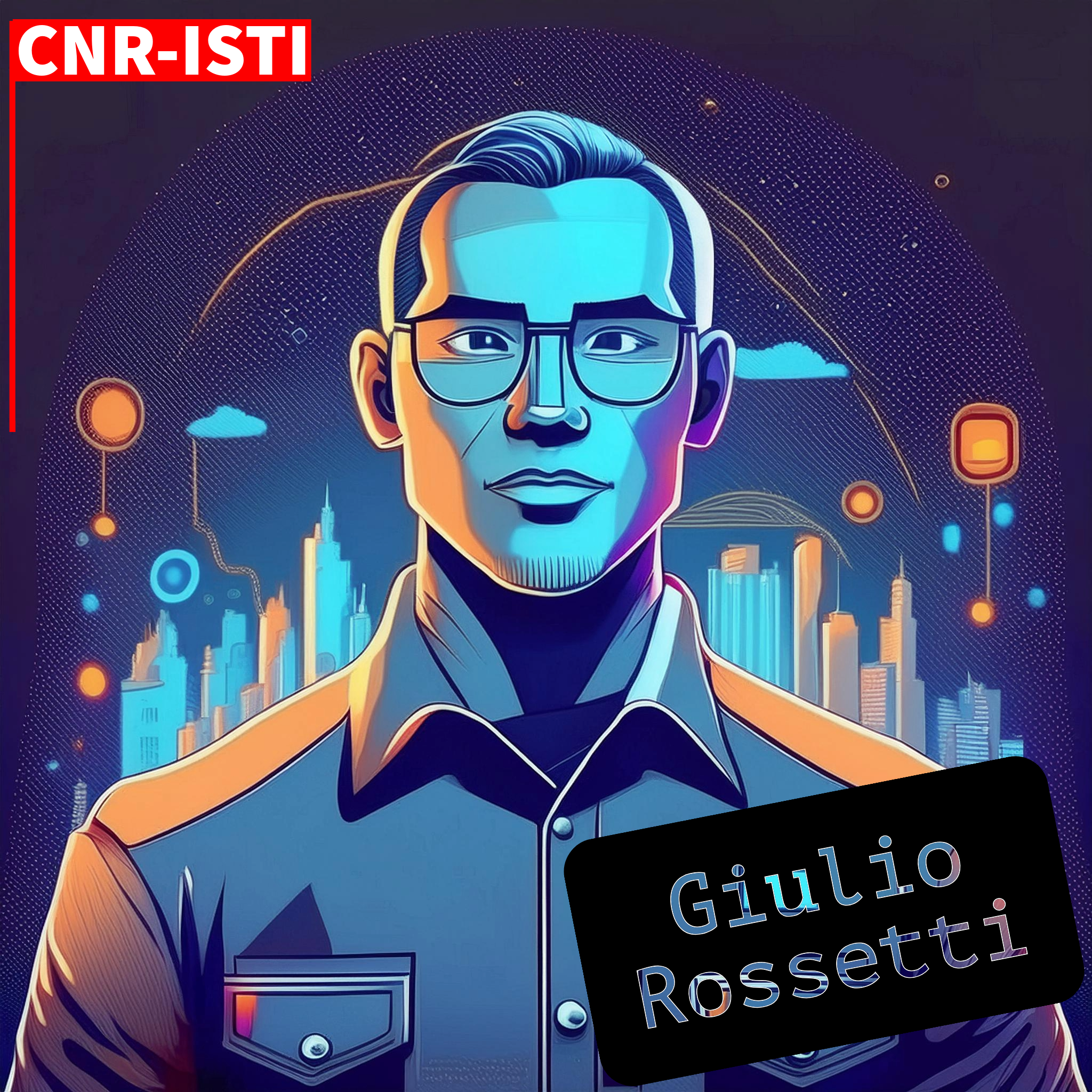 Senior Researcher Senior ResearcherNetwork Science @GiulioRossetti | 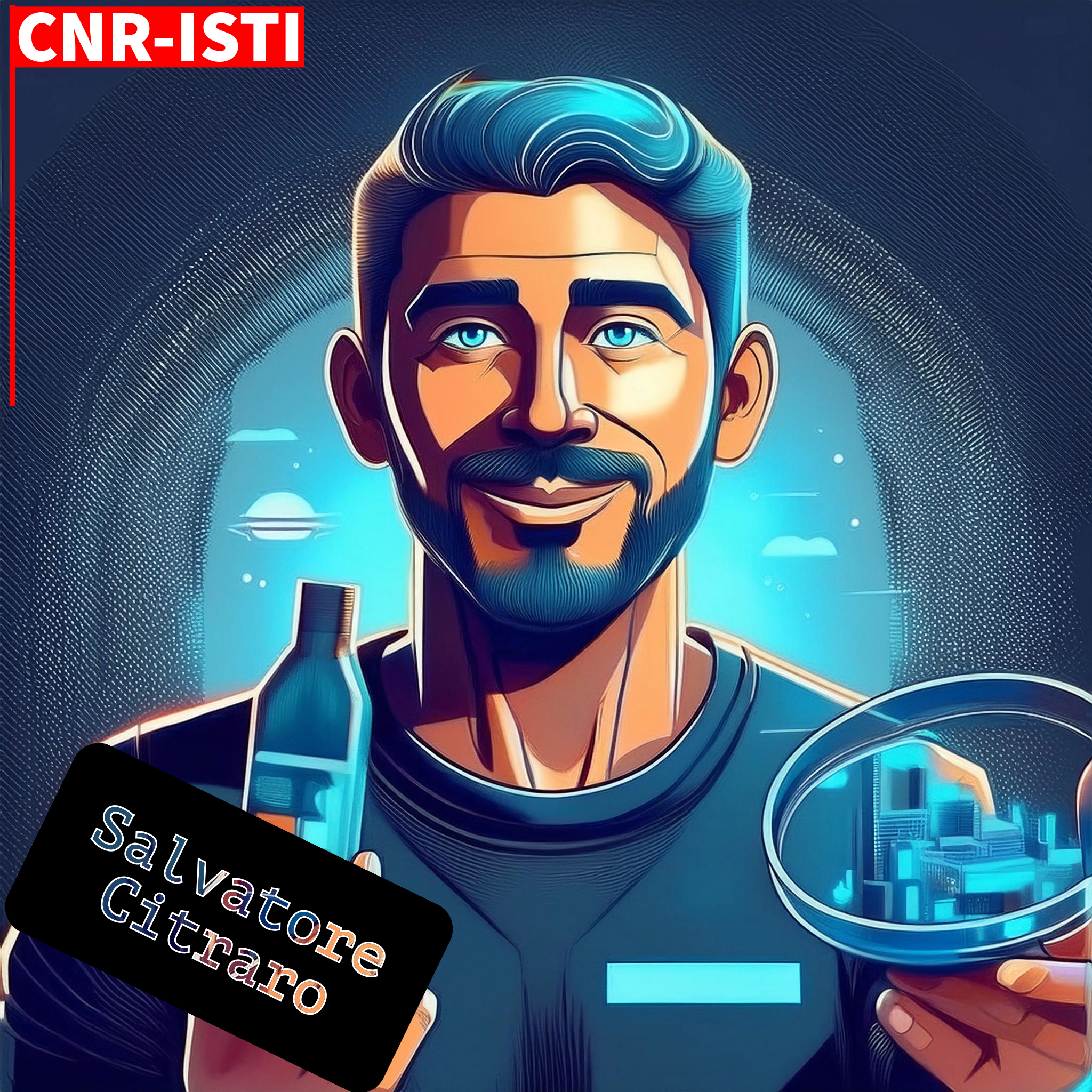 PostDoc PostDocFeature-rich Modeling @dsalvaz | 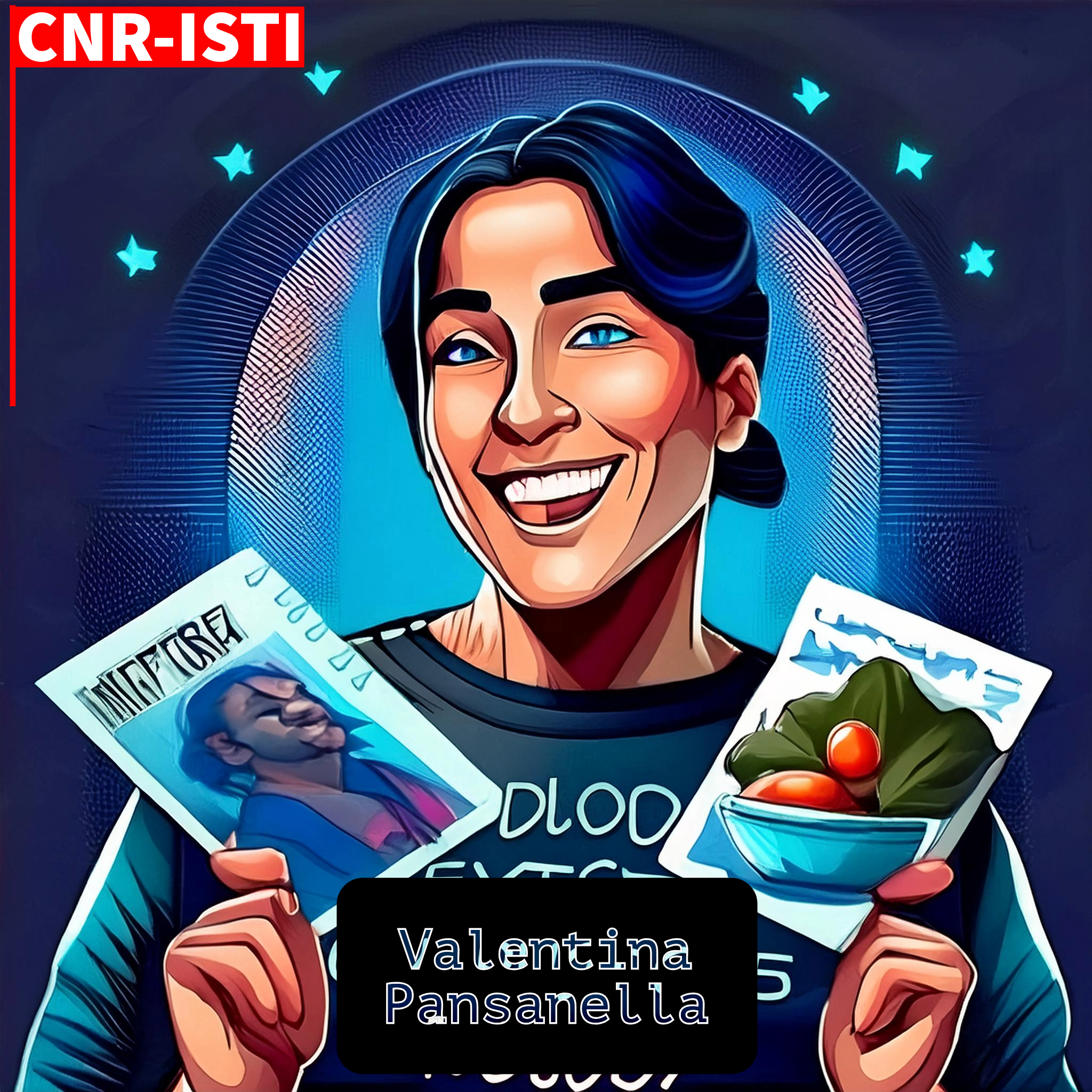 PostDoc PostDocOpinion Modeling @VPansanella |
 PostDoc PostDocComputational Social Science @Virgiiim | 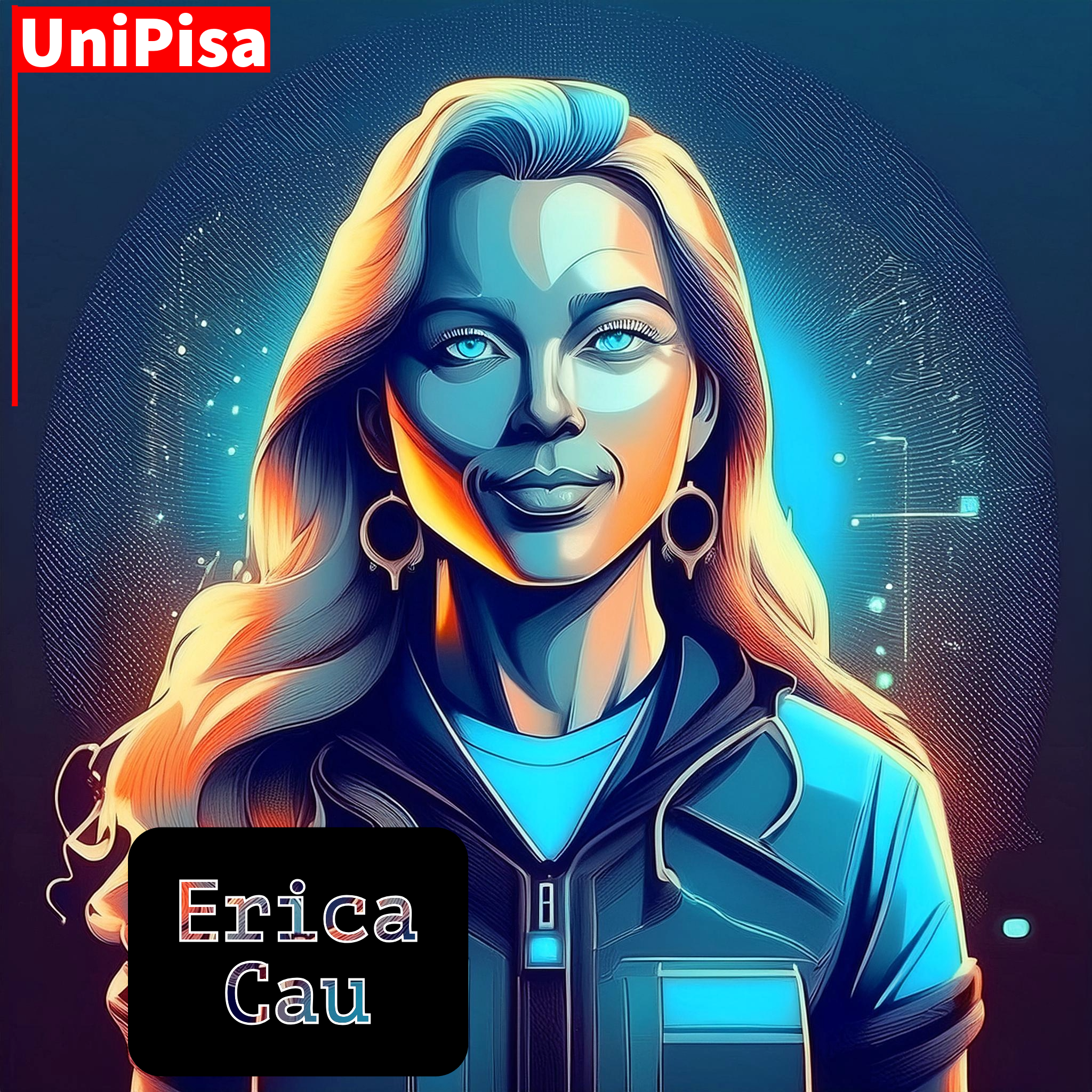 PhD Student in AI PhD Student in AILLMs & Opinion Dynamics @CauErica |  PhD Student in AI PhD Student in AIHigher-order Modeling @AndreaFailla4 |
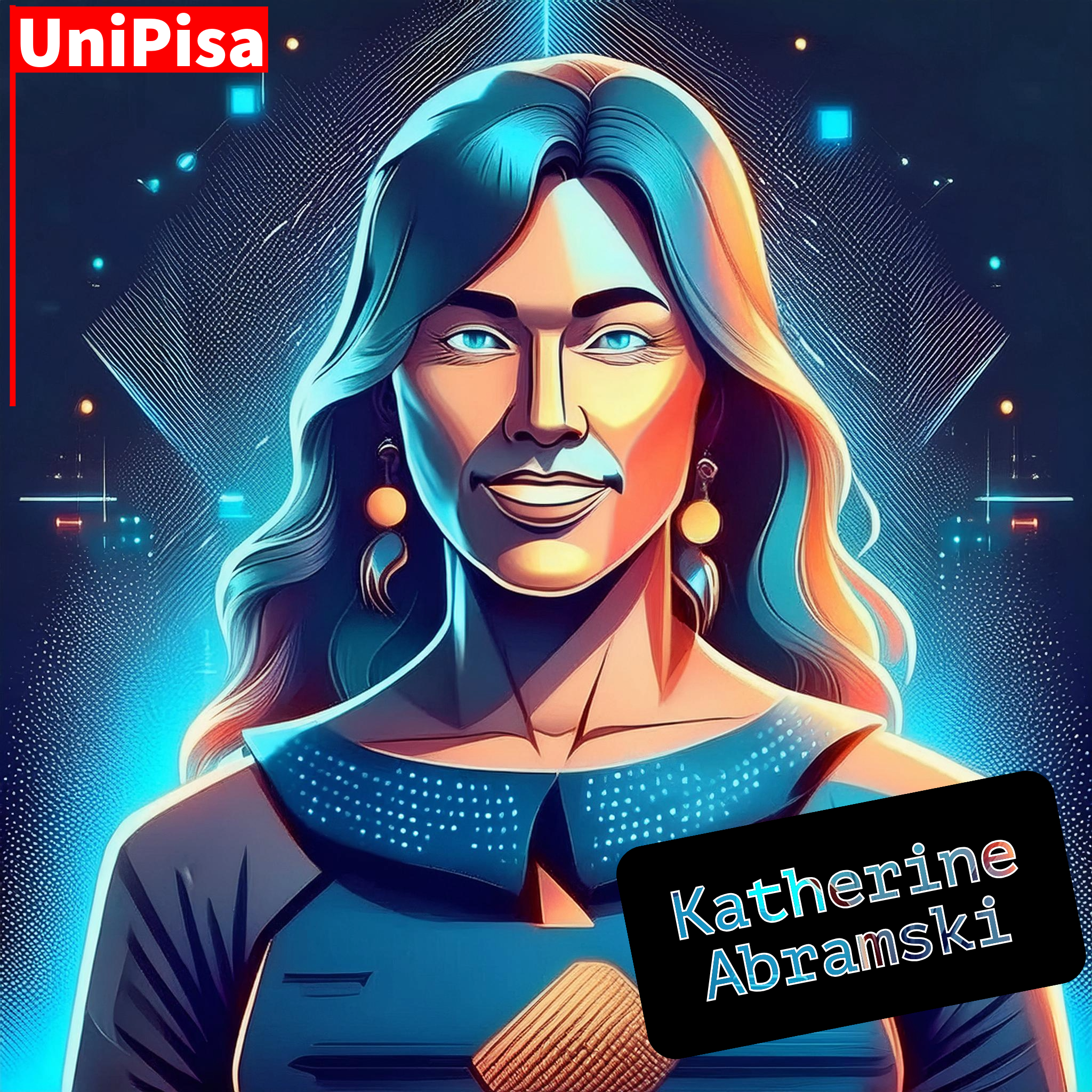 PhD Student in AI PhD Student in AILLMs & Cognition @katie_abramski |
Supporting Projects
The “LLM-powered Simulations of Social Media Environments” tutorial are supported by:



